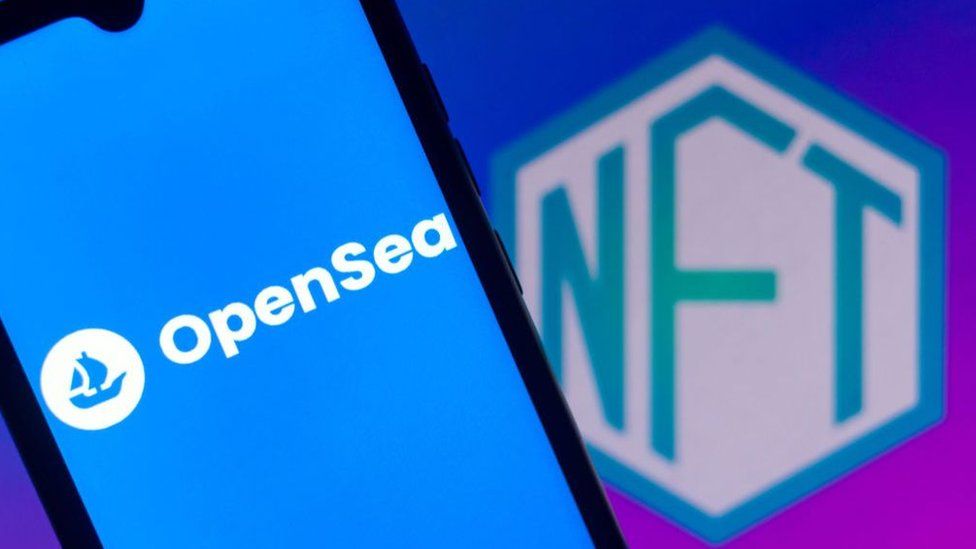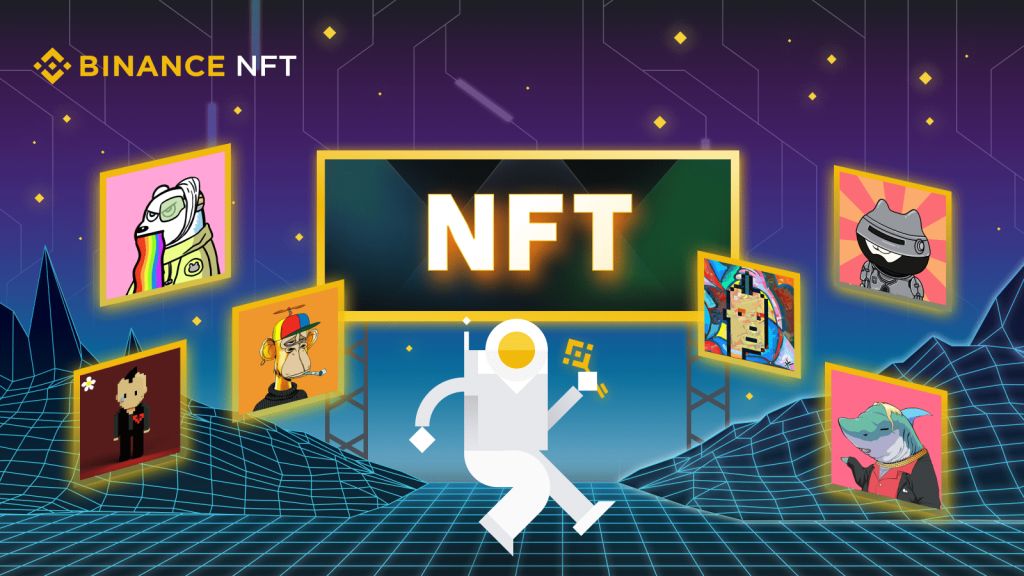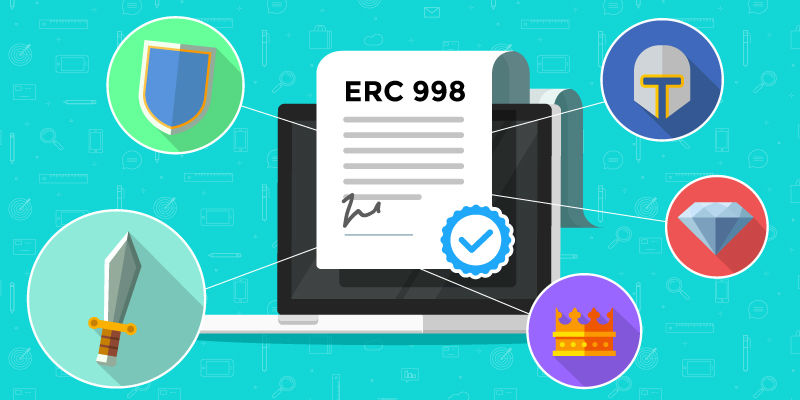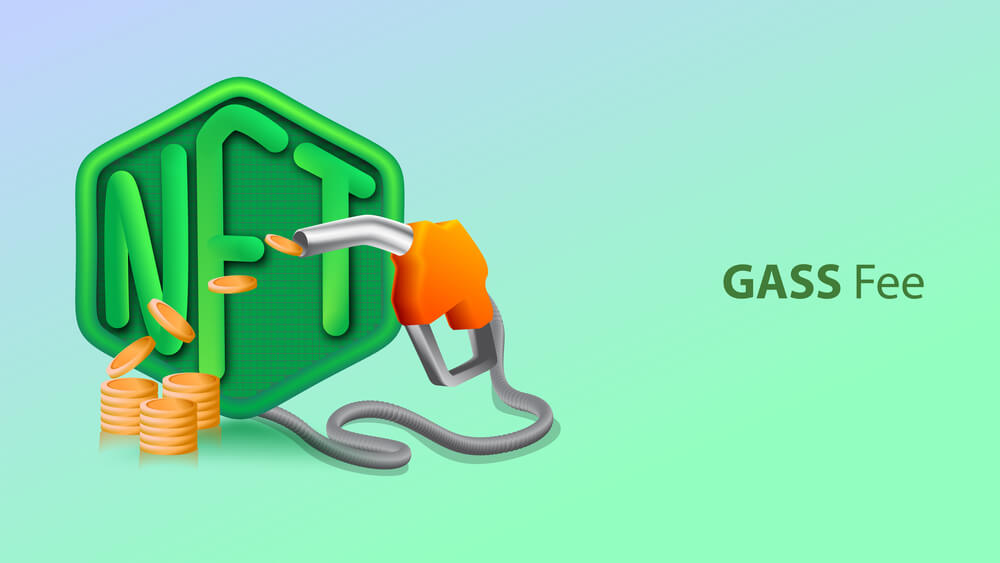As part of the planned upgrade, all of the OpenSea users will have to migrate their existing nonfungible token (NFT) listings to a new smart contract. Up to date, OpenSea is one of the most popular NFT marketplaces.
The marketplace has announced that it has rolled out an upgrade to its smart contract, which is a proactive measure to get rid of inactive listings on the platform. As part of this planned upgrade, all OpenSea users will have to migrate their NFT listings, which are currently hosted over the Ethereum (ETH) blockchain, to the new smart contract.
Based on the OpenSea announcement, the NFT listings that were created before February 18 will automatically expire within a week by February 25 by 2 PM ET:
“This new upgrade will ensure old, inactive listings on Ethereum securely expire and allow us to offer new safety features in the future.”
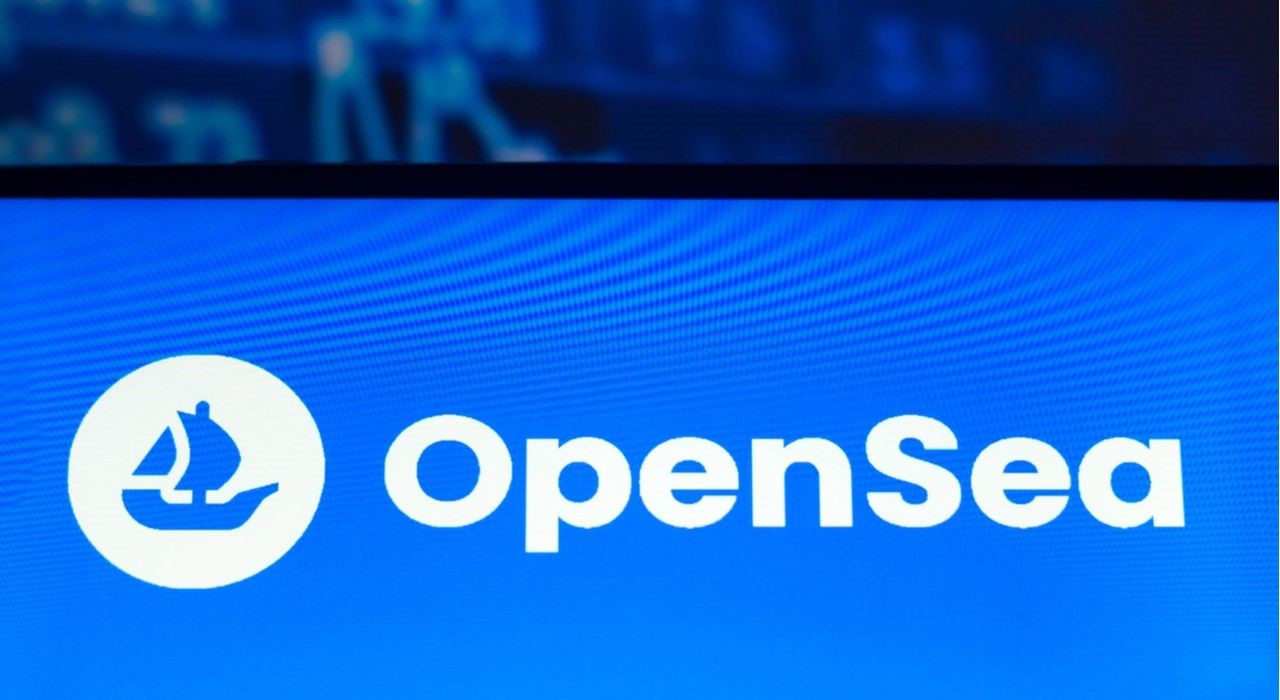
After a successful migration, the nonfungible token listing will show the original date of posting. Nonetheless, once that deadline is crossed, all users will be allowed to relist the delisted NFTs over the new smart contract.
During this process, OpenSea said that it will not charge any gas fees for NFT migration. However, it will invalidate all the old Ethereum-based smart contracts, and will effectively expire the old offers:
“During this migration period, old offers on items will expire, and offers made on the old smart contract will become invalid.”
The migration of the NFT listing is a two-step process. first, the user has to navigate to OpenSea and then click on the ‘Migrate listings’ option.
For the next step, users have to click on the ‘Confirm’ button that is made available next to every listing, as shown in the diagram below.
After that is done, a notification confirms the migration and users can then view the listing that is set with a new expiration date.
Notably, OpenSea made the most out of the early-bird advantages in the nonfungible token space to become the biggest marketplace for the NFT trades and investments.
While reaffirming the technology’s disruptive financial potential, an Indonesian college student named Sultan Gustaf Al Ghozali became a millionaire by selling several NFT versions of his selfies on OpenSea.
Based on previous reports, Ghozali took selfies, either sitting or standing in front of his computer that was later changed into NFTs and uploaded to OpenSea in December last year.
Ghozali’s collection later reached a total trade volume of 317 ETH, equivalent to over $1 million at the time. OpenSea has decided to take on this initiative to ensure that only the active projects remain on its platform and the probability of scams is minimized.
After banning crypto-related activities in China, the government’s next worry comes with the growing number of scams arising in the metaverse and NFT sectors. The Chinese Banking and Insurance Regulatory Commission (CBIRC) published a risk warning for the public against criminal metaverse and NFT projects.
With that in mind, OpenSea seems to be taking all the necessary measures to ensure that no criminal activities thrive on its platform.

